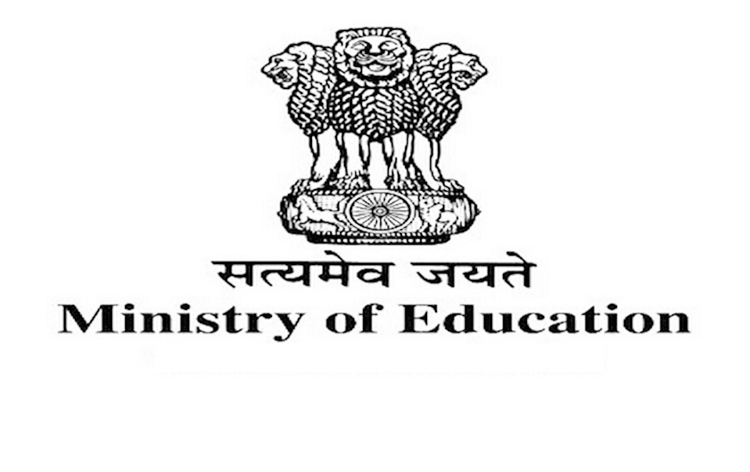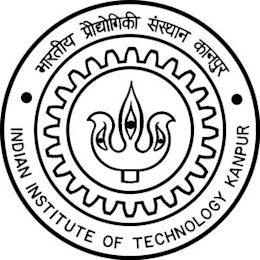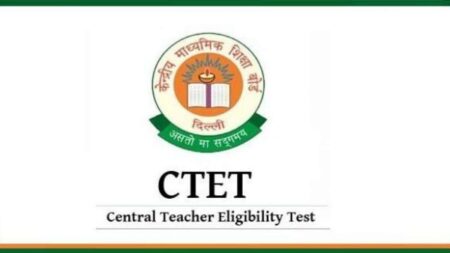India’s Education Ministry issued an advisory on education technology (edtech) platforms, stating that some firms target families by getting their consent on Electronic Fund Transfer (EFT) mandate or activating the auto-debit feature.
“Given the pervasive impact of technology in education, many Ed-tech companies have started offering courses, coaching, tutorials for competitive exams, etc., in an online mode.
The Department of School Education and Literacy had received several complaints regarding such offers. In this background, the parents, students and all stakeholders in school education have to be very much careful while deciding on opting for online content and coaching being offered by a host of Ed-tech companies,” the Ministry of Education said in a statement.
The advisory body mentioned that the offer of free services — promised by some companies — has to be carefully examined.
“It has been noticed by the Department of School Education and Literacy that some ed-tech companies are tempting parents in the garb of offering free services and getting the Electronic Fund Transfer (EFT) mandate signed or activating the auto-debit feature, especially targeting the vulnerable families,
” it added.The guidelines provided by Education Ministry to the parents are: Carefully read the terms and conditions (T&C) before acknowledging the acceptance of learning software/device as your IP address, and personal data may be tracked.
Ensure that the content provided is in line with the syllabus and your scope of study and is easily understandable by your child.
Ask for a tax invoice to purchase educational devices after a detailed background check of the ed-tech company you want to subscribe.
Avoid automatic debit option for payment of subscription fee as some of these companies may offer the free-premium business model where a lot of their services might seem accessible at first glance. Still, students have to opt for a paid subscription to gain continuous learning access.
To clarify all your doubts or questions regarding the payment and content before investing any amount for your child’s learning in an ed-tech company.· Ensure that the content provided is in line with the syllabus and your scope of study and is easily understandable by your child.
Record the evidence of spam calls or forced signup for any education packages without complete consent for filing a grievance.· Activate parental controls and safety features to help restrict access to certain content and limit spending on app purchases
Do not blindly trust advertisements and sign up for loans. Also, try to avoid installing mobile ed-tech applications without verifying their authenticity.
Go through the child safety guidelines very carefully mentioned in the PRAGYATA guidelines by the Ministry of Education before using any ed-tech platform.
Avoid sharing personal videos and photos, and caution against turning on the video feature or getting on video calls on an unverified platform.· Avoid credit or debit card registration and put an upper limit on expenditure per transaction.
Don’t add data online, as it may be sold or used for later scam attacks.· Don’t share bank account details or open attachments or pop-up screens to such companies. · Avoid in-app purchased.
OTP-based (one-time-password) payment methods could be used.· Don’t subscribe to unverified courses or trust the “Success stories” shared without proper check.”In today’s scenario, Ed-tech companies have seen rapid growth, thereby increasing the number of students and teachers subscribing to their learning platform.
The increasing number also means that platforms must be careful about the claims made regarding their services. It is very much convenient that the Ed-tech companies, which may be considered e-commerce entities, have to comply with the Rules to prevent any untoward liability in the future and need to establish a dedicated mechanism in place to check for compliance with the law,” the advisory said.













